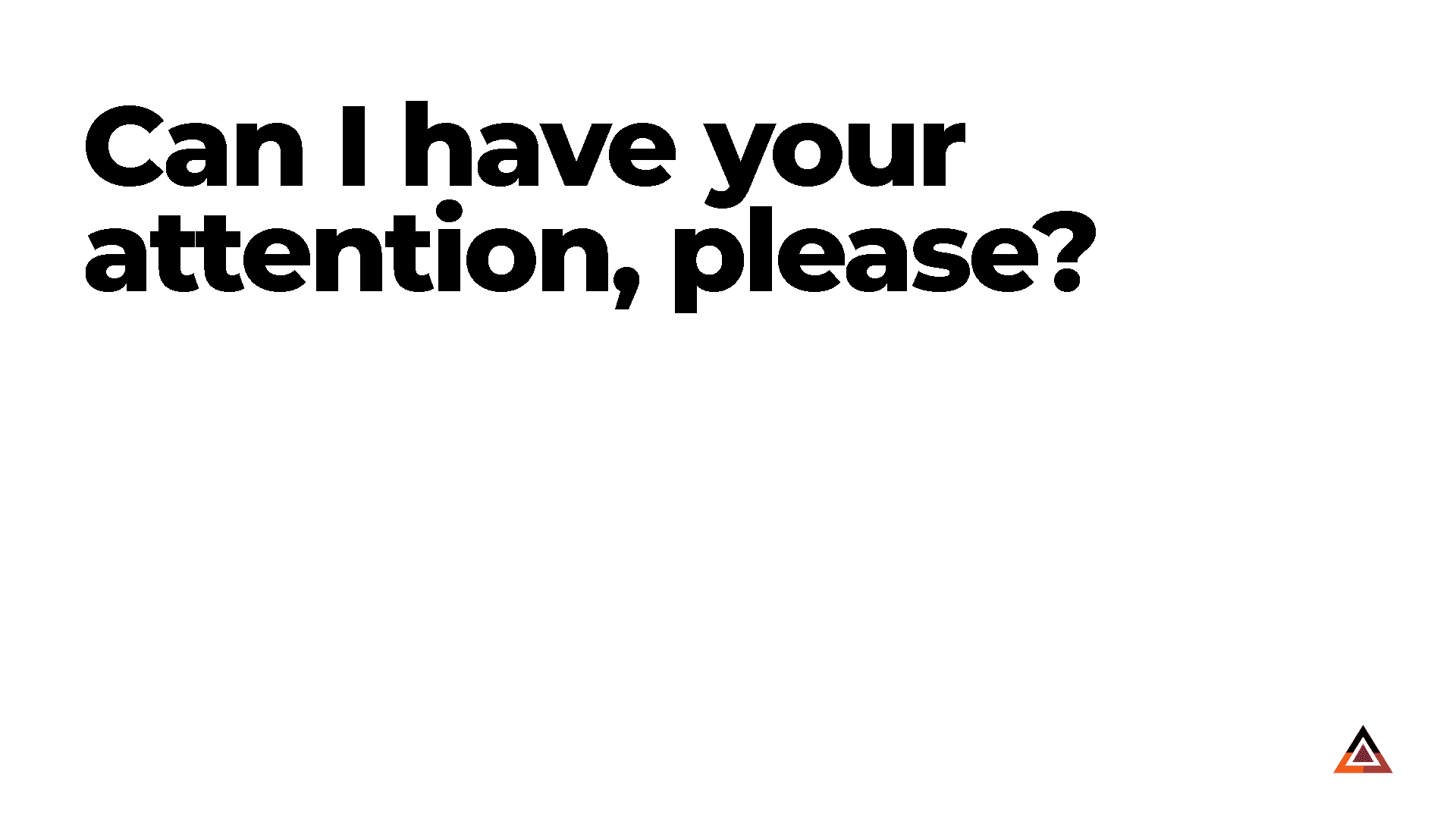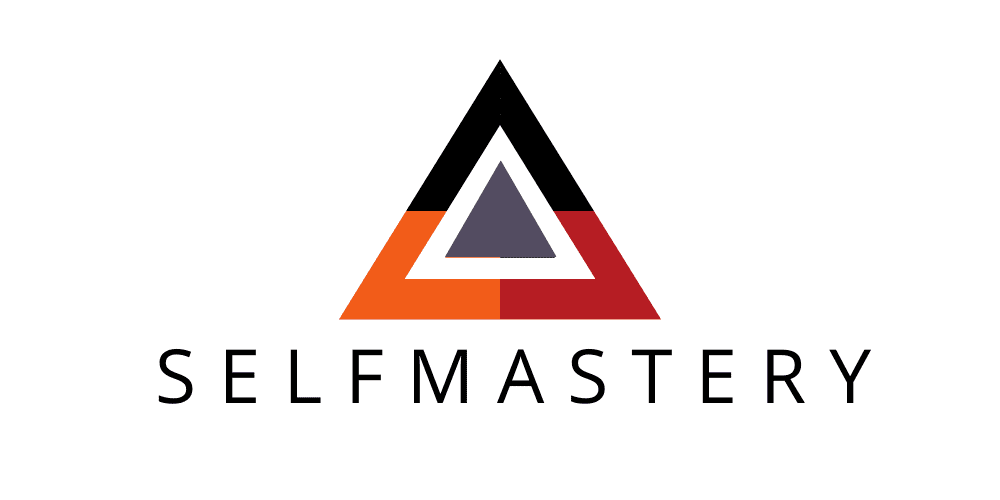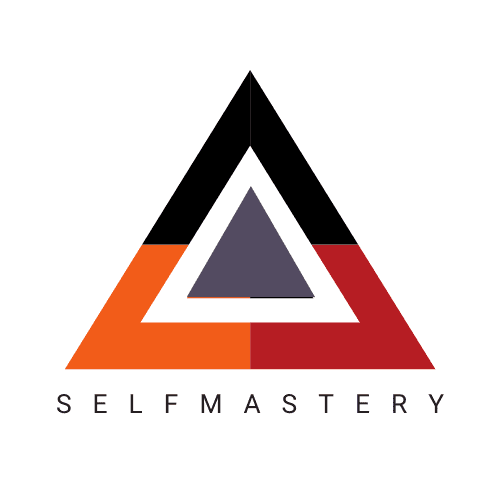
20 May Can I have your attention, please?
If there is no product the product is you, they say. Nowadays, anyone priding themselves on being critical throws this phrase around when talking about “free” digital services –think Facebook, Gmail, or Twitter. I beg to differ. There is some truth to the idea behind it, but it is primarily a simplistic vilification. Fortunately, you are not your data. Your Google searches, your Facebook likes, your re-Tweets really do not constitute your being. Private data is essential, but you are infinitely more complex and exciting than the aggregation of your digital footprint. Sadly enough, actual human trafficking is real. Human beings are sold and bought every day. Believing that your clicks and your browsing history are you is as imprecise as self-aggrandizing. What’s worse, thinking this way doesn’t let you solve the problem you are trying to identify.
Don’t get me wrong. I do love cliches and commonplaces. They hold a lot of truth in them even though they are often tautological. However, over the silly one above, I much prefer this one: “there’s no free lunch.” It is concise and real. Everything has a cost, and the fact that you are not the one paying it, doesn’t mean somebody else isn’t. Or in the case of free digital products, the fact that you are not paying with money doesn’t mean you are not giving something of value in return. That’s true, that is useful, and that puts the emphasis where it should be.
At this point you might be thinking: Interesting way to start an email, attacking cliches… where are the dumbbells, the carbs, and the mindset tricks? Let me make my point. Asking what do digital behemoths like Facebook or Google get from you when they give you a free service is super valid. They are paying for the hardware, the network, the storage, the human and electrical power, everything that powers your email. They are for-profit companies. What does your free account get them in return? If you are thinking about this linearly, in a tit-for-tat manner, well, yes, they get your emails and your likes and your midnight stalking-your-high-school-crush excursions.
WHATTTTTTTTTTTT?!?! Evil, evil, evil!
Don’t flatter yourself. Nobody cares about the content of your emails. Your data for sure can be sold for profit, but that’s not the product, nor what is being sold and bought. The data is just a vehicle, a tool. It helps them learn about consumer behavior in general, and it helps them learn how to engage you. Engagement is king. The only thing that matters is that you keep showing up, and you keep buying products. The data is a vehicle for that.
What they are really after is your attention.
That is it. As simple as that. Your attention is all that matters. What do Google and [insert the most intellectual and anti-capitalist of writers you know] have in common? All they want from you is that you spend as much time and effort looking at their content. Sure, the anti-capitalist writer might not want your money, but she totally wants you to think about her ideas and spread them as much as possible. Google wants our attention so that it can sell it to somebody else that wants to sell you a product that you might want and wants you to take a look at it.
This includes me. I write you this biweekly email so that I too get your attention. I want you to read my ideas because I think they are worth it and they might make your life better and in turn that will add meaning to my life. Así es mis amigos, no hay free empanadas, which is a tragedy.
This might sound like an exaggeration, but it is not. Your attention is your most valuable asset. It is the only thing you can fully control. You cannot control your ideas, thoughts, or feelings, but you can direct your attention to whatever you want. Like most meaningful things in life, this realization is both demanding and empowering. It makes you fully responsible for what you consume, and it also gives you the option to opt out of what’s against you. It allows you to live with intention, and that’s how you get wherever you want to get because intention is attention focused in the direction of a choice or decision.
The thing that Google, Facebook, and Twitter know about you that you don’t, is that your attention is powerful and valuable –and also Foucault, he knew this, but that’s another post. These guys have even created a browser that pays YOU for the ads you watch. It pays you for your attention. It pays you with a cryptocurrency aptly named BAT (Basic Attention Token.) Yup, your attention is so valuable that it can be tokenized, just like health points in a video game.
However, as I said earlier, it is not the fact that you can transact your attention for money where its value resides. It is that it will take you closer to live a life that is meaningful to you. And that is crucial. Do this experiment tomorrow or whenever you can. Observe your actions for one whole day. Just observe your behaviors, observe where and how you spend your time. Put your attention to the things you do. I promise it will be an illuminating experience. What you do after that is up to you.
Pay attention!


